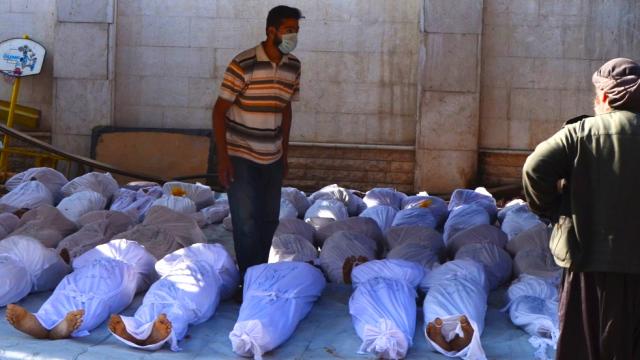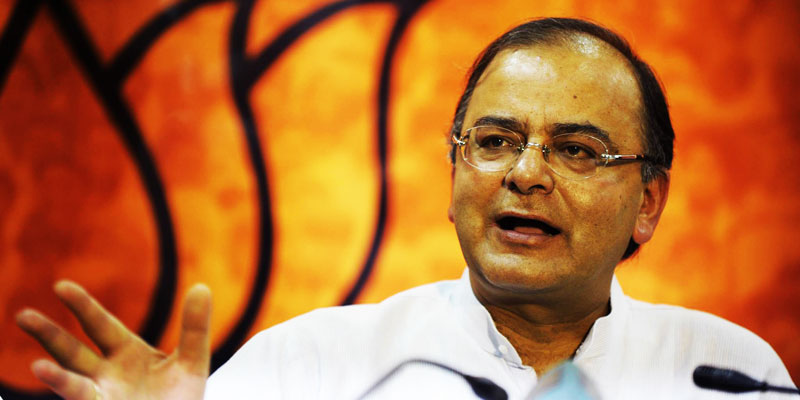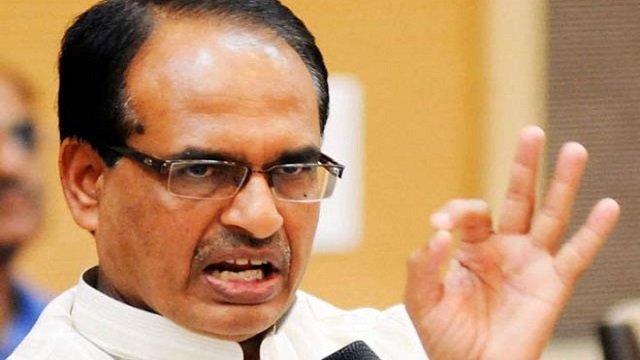In an implied rejection of US position on Syria, India says action on the West Asian country must not only be taken after conclusive proof from neutral inspectors on the use of chemicals weapons by the Bashar al-Assad regime
In an implied rejection of US position on Syria, India says action on the West Asian country must not only be taken after conclusive proof from neutral inspectors on the use of chemicals weapons by the Bashar al-Assad regime, but should also be under the auspices of the United Nations.
At a dinner late Wednesday hosted for G20 leaders by Russian President Vladimir Putin, Prime Minister Manmohan Singh in his speech also said action against Syrian if approved at the UN should also not be aimed at a regime change, but to neutralise chemical weapons.
The remarks came after a detailed presentation to the forum by United Nations Secretary-General Ban Ki-moon on the situation on the ground in the war-torn country. He said the report of inspectors appointed by him to scientifically look into the use of such weapons by Syria was expected soon and that it will be presented before the Security Council and the General Assembly for the action required.
The UN chief also said more than 100,000 people have died in the West Asian country, some 4.25 million have been displaced within and at least another two million are now refugees.
Briefing journalists on New Delhi’s position on Syria, as articulated by the prime minister at the G20 dinner, Planning Commission Deputy Chairman Montek Singh Ahluwalia said India was totally opposed to the use of chemicals weapons and any stock pile must be destroyed.
But he equally made it clear that it was not in favour of unilateral action — something the US has been threatening, much against the opposite views of several countries, notably Russia and China.
“The prime minister said we need to be certain about the facts, keeping in mind past experience we need to be certain it has happened, even if the probability indicates it has happened. So we need to see what the UN inspectors come up with,” Ahluwalia said.
“The prime minister said whatever action is taken must be within the UN auspices and not outside of it. He also said armed action must not be made for regime change.”
In fact UN secretary-general has already warned that any unilateral military strike against Syria without the world body’s sanction would be illegal.
Ahead of the G20 Summit he had said that use of force is lawful only when in exercise of self-defence in accordance with Article 51 of the United Nations Charter or when the Security Council approves such action.
A team under a Swedish scientist appointed by him have already collected bio-medical and environmental samples from sites in Syria where chemical weapons were allegedly used Aug 21 and these have been dispatched to four unnamed laboratories in Europe for examination.
-IANS





